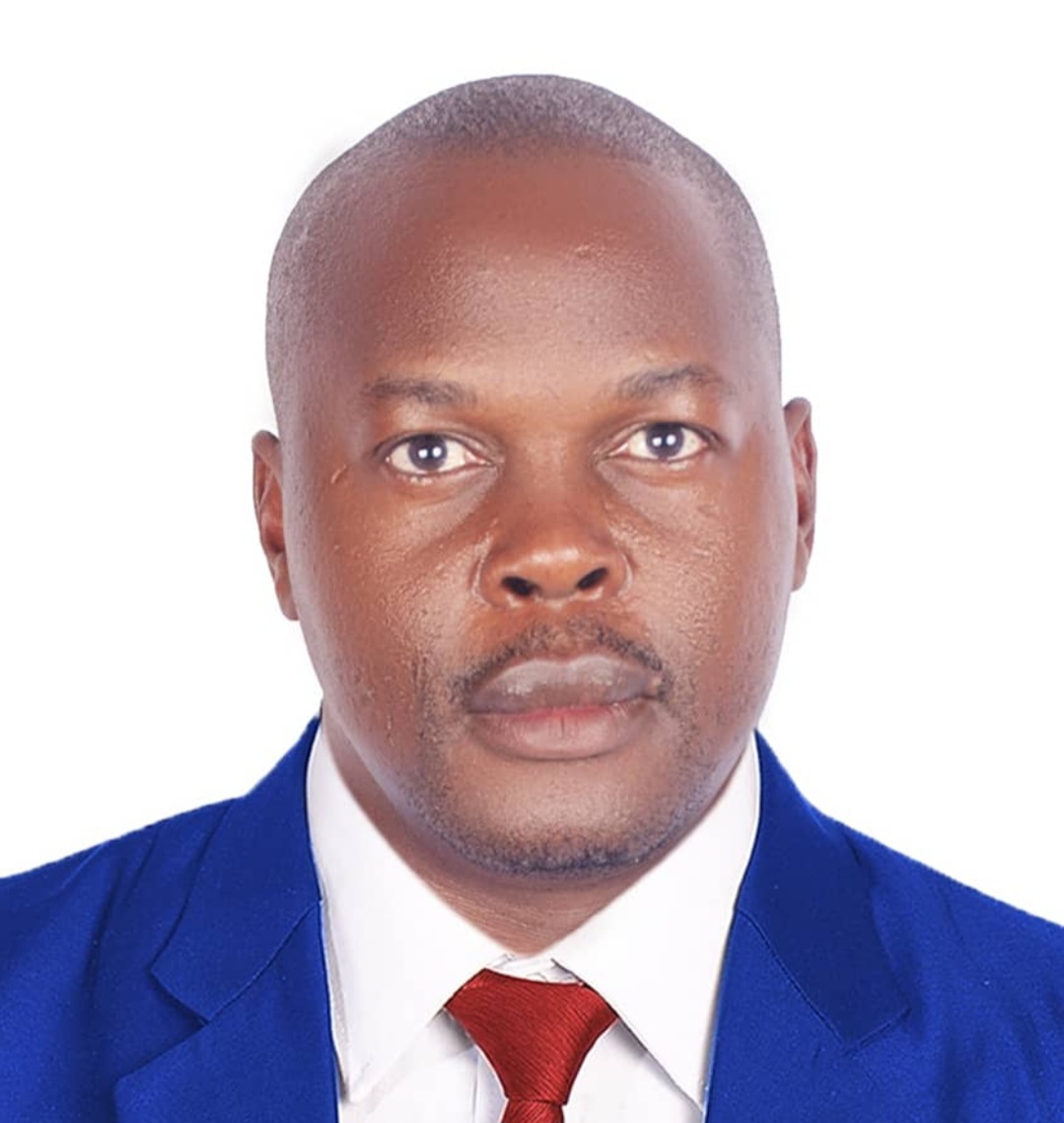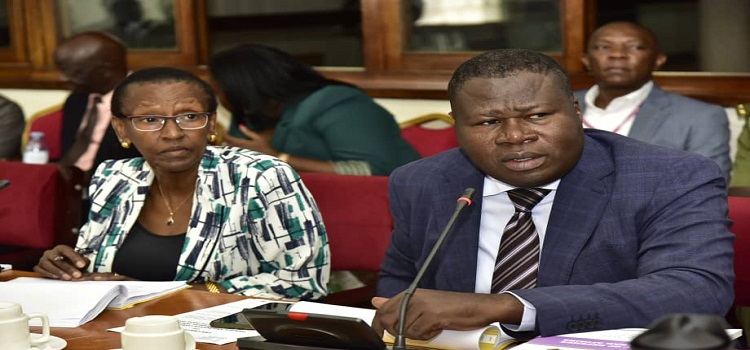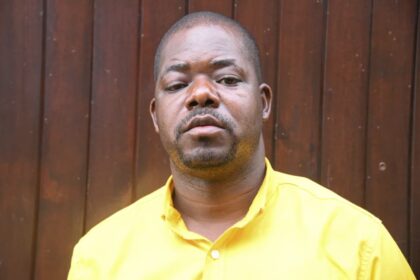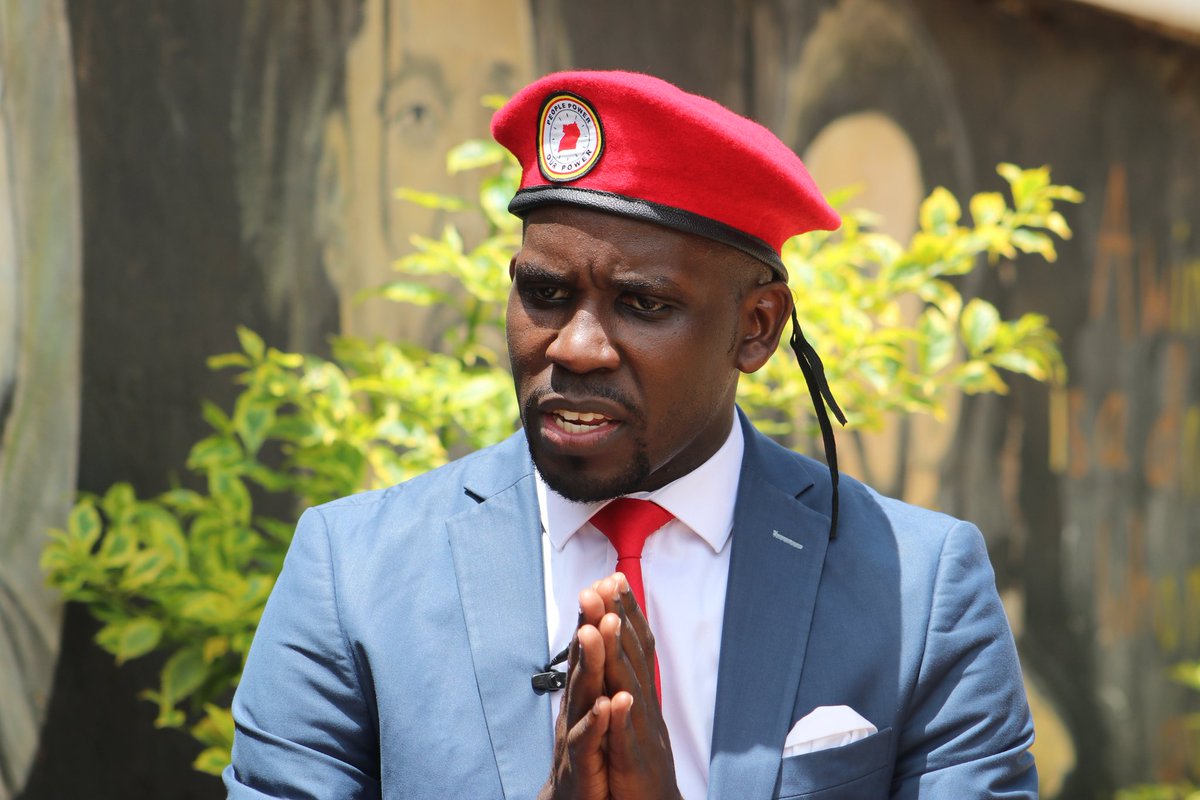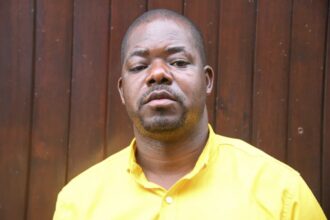During the celebrations of Uganda’s 60th Independence celebrations, President Yoweri Museveni said at Independence, the problem at the time was “politics based on sectarianism.”
“By Independence, we had three political parties, all of them based on sectarianism. The politics of Uganda was based on sectarianism. That is how Uganda had become a failed state. All that was from sowing a bad seed. I didn’t belong to Kabaka Yekka. The others UPC and DP, I was a member. By 1965, we had seen the dangers of going ahead with their kind of politics,” he said.
“Our belief in patriotism and Pan-Africanism enabled us to build a strong national Army for the first time since the collapse of the Bachwezi Empire around the year 1500 AD. This is, partly, on account of the ideology of anti-sectarianism,” he said.
He also noted that although the current Constitution states that to win an election one must get more than 50%, during the 1962 elections, no party got more than 50% because there was no unity and the political environment had been polluted by sectarianism.
The subsequent political episodes presented a bad omen for the country’s democratic path, with the gun playing a pivotal role in swinging the power-play in the country until 1986 when a new chapter was ushered in by President Museveni and a number of National Resistance Army (NRA) combatants who had shared with him the trenches of the Luwero bush war jungles from 1981 to 1986.
The failure to understand the crucial element of ideology is the major root cause of the current crisis that is eating up major opposition parties.
In some parties, like our dear leader, President Museveni, said many years ago, there is confusion between ideology and biology.
Within the ruling National Resistance Movement (NRM), the ideology of the party is clear etched under four principles—democracy, patriotism, social-economic transformation and Pam-Africanism.
So, within opposition parties no one can clear articulate their ideology. For some parties such as the National Unity Platform (NUP) led by Robert Kyagulanyi, when you ask them what their ideology is, they are quick to say that we are a party for young people.
But, they forget that one can be young but confused. Yet one can be old but clear-headed.
So, the absence of ideology within NUP has recently played out with the battle between Kyagulanyi and Mathias Mpuuga acting as an example of how confusion has clogged the party.
The reason is simple: Kyagulanyi is young biologically but old ideologically. Imagine such as simple matter that would have been ironed out by the NUP leadership was splashed on social media by Kyagulanyi, a person who everyone thought would have taken a moment to reflect and deal with the Mpuuga saga internally.
This is clear a pure reflection of lack of a clear ideology. Within the Forum for Democratic Change (FDC), a similar choreography such as that within NUP is also taking shape.
At the moment, their ideology is to remove President Museveni. They have no other element that bids them together. However, what they don’t understand is the fact that President Museveni is still around for some time.
The other challenge with opposition parties is the politics of identity.
This comes when you have politics where you emphasise identity, tribes and religion, it can cause so much damage.
The opposition are largely opportunists. They have no ideology. And when one has no ideological clarity, they ended into a cycle of confusion.
Yet for us within NRM, the founding leader of the Movement, President Museveni, is here with us.
And he always provides the necessary guidance to all such questions, including contradictions – within the democratic dispensation of the Movement.
The author is the deputy RDC for Manafwa district and a member of the Rotary Club of Kasaganti
Do you have a story in your community or an opinion to share with us: Email us at Submit an Article



